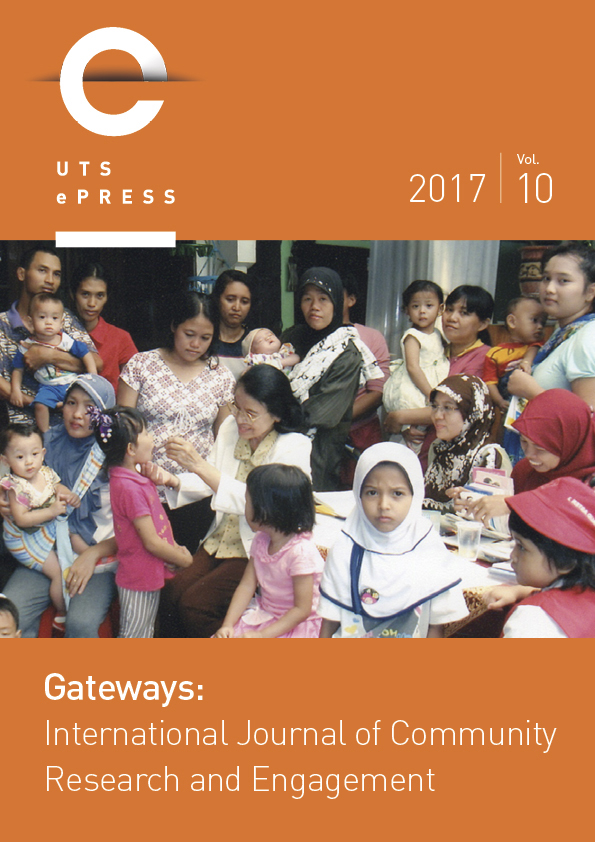Challenging the empowerment expectation: Learning, alienation and design possibilities in community-university research
Main Article Content
Abstract
As community-university partnerships have become mainstream, researchers have argued that these approaches have the potential to be transformative, supporting community learning and creating capacity for community development. While this remains the dominant narrative of community research, some researchers have questioned the impacts of community research on frontline community, or peer, researchers who represent partnerships in their communities. These studies complicate the narrative, suggesting that learning and capacity building are not straightforward processes. While on the whole community-university partnerships tend to be empowering for community researchers, research is needed to understand the experiences of community researchers for whom this is not the case. My research examines a Toronto-based community-university participatory action research partnership, asking what community researchers learnt through their participation. I argue that, while community researchers learnt a great deal from their participation, the overall impact was not empowerment, but alienation. They did have their knowledge of community validated, and they built research skills, developed grievances through their conversations with neighbours and interrogated the links between grievances, all of which were important aspects of their participation. However, through the process they developed, or entrenched, a sense of powerlessness and dependence on the university researchers to take up their cause politically. This contradicts the aspirations of community-university partnership models, especially participatory action research, and raises questions about the inevitability of empowering social action stemming from these research projects. I argue that the disempowerment that the community researchers reported points to the need for community research to be embedded within existing social action organisations and infrastructure to provide clearer pathways to action because, without this, peer researchers may become overwhelmed by the scope of the grievances in their neighbourhoods and withdraw from, rather than embrace, the need for collective social action.
Article Details
Issue
Section
Authors who submit articles to this journal from 31st March 2014 for publication, agree to the following terms:
a) Authors retain copyright and grant the journal right of first publication with the work simultaneously licensed under a Creative Commons Attribution License that allows others to share and adapt the work with an acknowledgement of the work's authorship and initial publication in this journal.
b) Authors are able to enter into separate, additional contractual arrangements for the non-exclusive distribution of the journal's published version of the work (e.g., post it to an institutional repository or publish it in a book), with an acknowledgement of its initial publication in this journal.
c) Authors are permitted and encouraged to post their work online (e.g., in institutional repositories or on their website) prior to and during the submission process, as it can lead to productive exchanges, as well as earlier and greater citation of published work (See The Open Access Citation Advantage Service). Where authors include such a work in an institutional repository or on their website (ie. a copy of a work which has been published in a UTS ePRESS journal, or a pre-print or post-print version of that work), we request that they include a statement that acknowledges the UTS ePRESS publication including the name of the journal, the volume number and a web-link to the journal item.
d) Authors should be aware that the Creative Commons Attribution (CC-BY) License permits readers to share (copy and redistribute the work in any medium or format) and adapt (remix, transform, and build upon the work) for any purpose, even commercially, provided they also give appropriate credit to the work, provide a link to the license, and indicate if changes were made. They may do these things in any reasonable manner, but not in any way that suggests you or your publisher endorses their use.
For Volume 6 (2013) and before, the following copyright applied:
Articles published by UTSePress are protected by copyright which is retained by the authors who assert their moral rights. Authors control translation and reproduction rights to their works published by UTSePress. UTSePress publications are copyright and all rights are reserved worldwide. Downloads of specific portions of them are permitted for personal use only, not for commercial use or resale. Permissions to reprint or use any materials should be directed to UTSePress.
